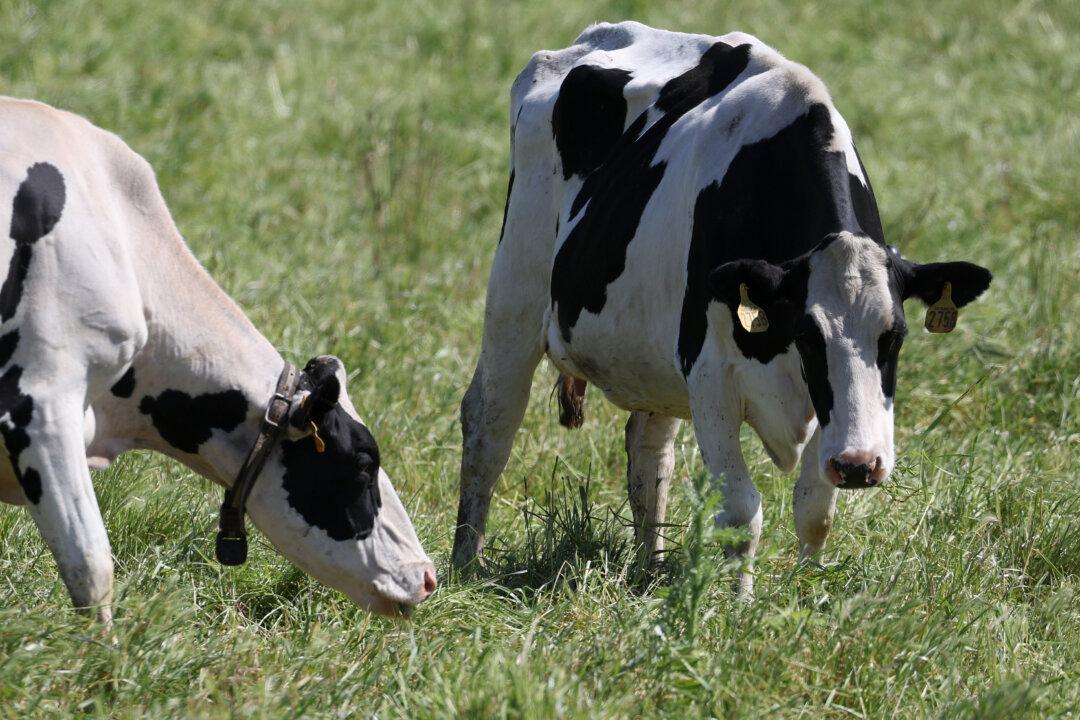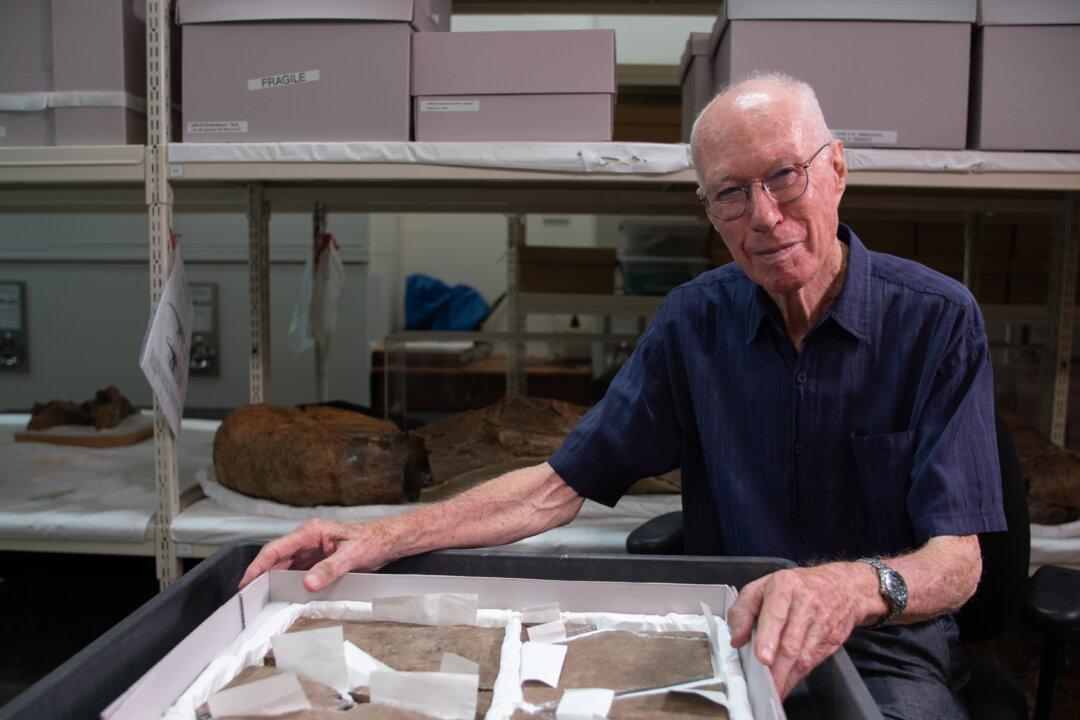The cattle feed supplement, Bovaer, has gone viral in recent weeks with warnings major supermarkets are stocking products connected with the substance.
Savvy dairy producers responded quickly trying to capitalise on the movement, reassuring customers while publicly announcing on social media they did not use the additive.




